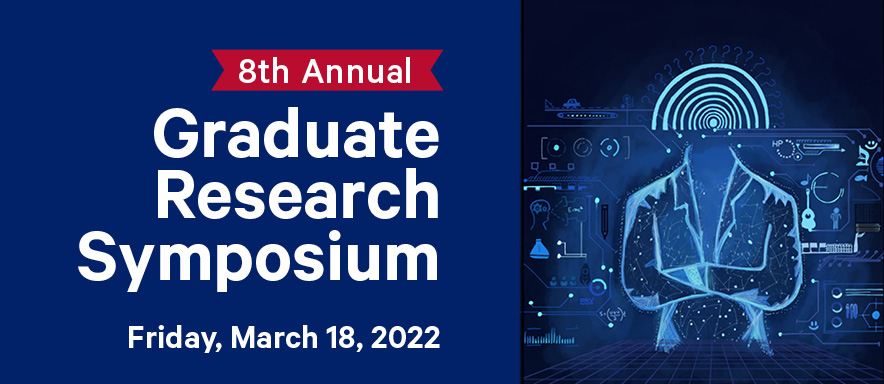Presenter Information
Gabriella Agostaro, Center for Global Health Ethics
Abstract
Genetic sequencing has introduced scientists to the critical role that genes contribute to human function. As discoveries have been produced, revolutionary techniques have emerged to tackle issues associated with genetically linked conditions.
Targeted treatment methods are utilized for therapeutic interventions in patients suffering from cancer due to genetic markers discovered in the human body. With the aid of these genetic markers, clinicians can recognize genes that increase a patient's likelihood of developing cancer and, more precisely target cancer treatment regimens. While we can now determine genetic links for many physical diseases, it is essential to explore the relevance of gene editing in psychological conditions.
Schizophrenia is characterized by delusions, hallucinations, and distortions of reality. This disorder has recently been linked to over 100 possible genetic risk loci in the human body. Similarly, bipolar disorder is a psychological condition characterized by intense mood swings. This condition has been associated with potential genetic links such as the ANK3 and DGKH genes. Given the psychiatric nature of these conditions, the possibility of homeless, violence, and illegal drug use are increased.
As technology has progressed through the 21st century, innovative problem-solving has become crucial to compelling advancements in modern science. Therapeutic gene editing offers scientists the ability to recognize genetic markers, target more enhanced treatment methods, and eradicate diseases within our community. While it is currently illegal to correct psychological disorders in the embryo, this scientific development has the potential to eradicate these diseases entirely. This eradication could contribute to lower reported levels of incarceration, homelessness, and caregiver burden.
School
McAnulty College and Graduate School of Liberal Arts
Advisor
Gerard Magill
Submission Type
Paper
Publication Date
March 2022
Gene Editing for Psychological Conditions: The Potential to Reduce Suffering Through Therapeutic Interventions
Genetic sequencing has introduced scientists to the critical role that genes contribute to human function. As discoveries have been produced, revolutionary techniques have emerged to tackle issues associated with genetically linked conditions.
Targeted treatment methods are utilized for therapeutic interventions in patients suffering from cancer due to genetic markers discovered in the human body. With the aid of these genetic markers, clinicians can recognize genes that increase a patient's likelihood of developing cancer and, more precisely target cancer treatment regimens. While we can now determine genetic links for many physical diseases, it is essential to explore the relevance of gene editing in psychological conditions.
Schizophrenia is characterized by delusions, hallucinations, and distortions of reality. This disorder has recently been linked to over 100 possible genetic risk loci in the human body. Similarly, bipolar disorder is a psychological condition characterized by intense mood swings. This condition has been associated with potential genetic links such as the ANK3 and DGKH genes. Given the psychiatric nature of these conditions, the possibility of homeless, violence, and illegal drug use are increased.
As technology has progressed through the 21st century, innovative problem-solving has become crucial to compelling advancements in modern science. Therapeutic gene editing offers scientists the ability to recognize genetic markers, target more enhanced treatment methods, and eradicate diseases within our community. While it is currently illegal to correct psychological disorders in the embryo, this scientific development has the potential to eradicate these diseases entirely. This eradication could contribute to lower reported levels of incarceration, homelessness, and caregiver burden.

